The Most Famous Competition for French Arts Students
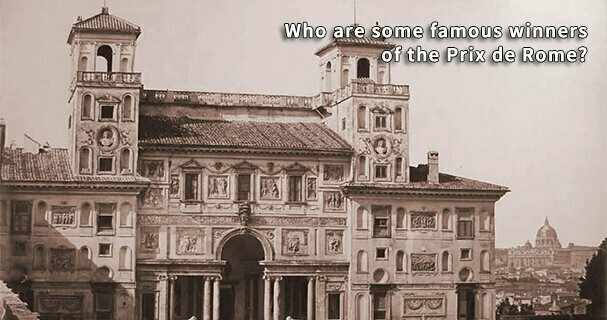
There can be no doubt that the most famous competition for French arts students, offering winners a funded period of study in Rome, was the “Grand Prix de Rome”. Established in 1663 during the reign of Louis XIV, it initially catered to painters and sculptors, with architecture and music added in 1720 and 1803, respectively. Recipients originally spent three to five years at the Palazzo Mancini in Rome at the expense of the King of France. Napoleon Bonaparte moved the French Academy in Rome to the Villa Medici in 1803, and Albert Androt (1781-1804) won the first Prix de Rome for composition in the same year. Competition for the Prix de Rome was fierce, and it was immediately suggested that bias of jury members and influence behind the scenes played a significant role in the process of awarding the prize.
Hector Berlioz: Sardanapale
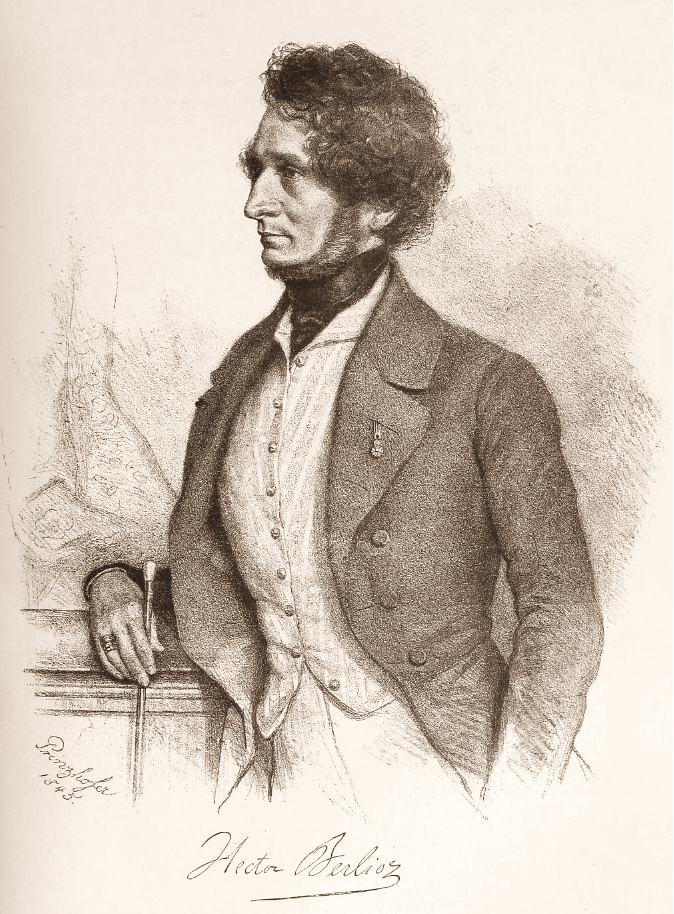
August Prinzhofer: Hector Berlioz (1845)
Hector Berlioz had plenty to say about that in his Memoirs, as he took four stabs at winning the Prix de Rome! Lamenting the conservative nature of the judges, which included Luigi Cherubini, François-Adrien Boieldieu and Henri Montan Berton, Berlioz finally succeeded in 1830 with his cantata Sardanapale. During his stay in Italy, Berlioz gathered inspiration for both Benvenuto Cellini and Harold en Italie, but he almost completely destroyed the score to his prize-winning cantata.
Hector Berlioz: Sardanapale, (Surviving Excerpt) (Daniel Galvez Vallejo, tenor; Pas-de-Calais North Regional Choir; Lille National Orchestra; Jean-Claude Casadesus, cond.)
Georges Bizet: Clovis et Clotilde
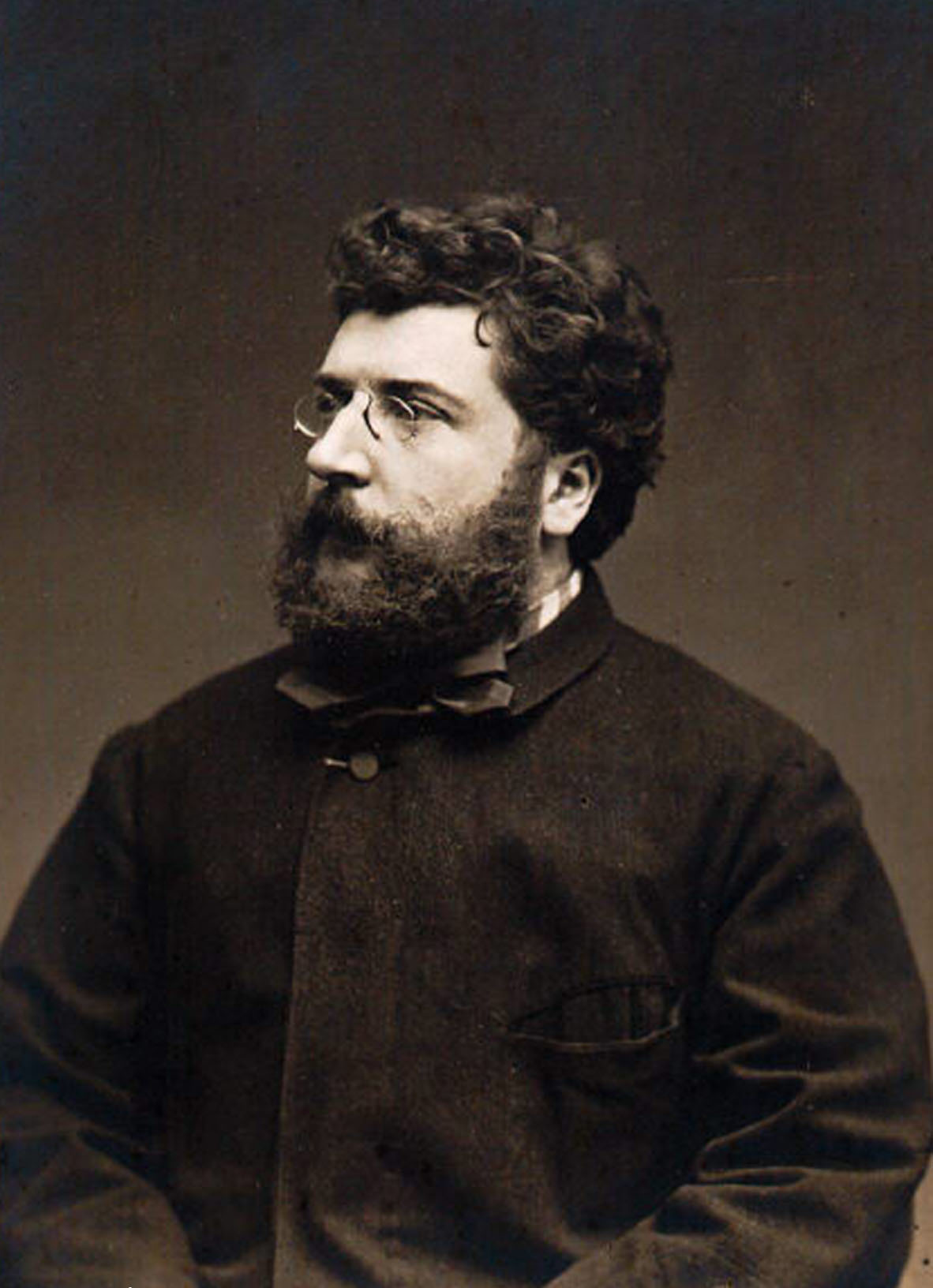
Georges Bizet
The examination process for the Prix de Rome was a rather somber affair aimed at testing the technical competence of the candidates. And initially that meant that candidates were locked up and had to compose a fugue on a given subject. Those successful in the first stage would then proceed to the second, the composition of a scène lyrique, which might suggest future ability in the composition of opera. The text was dictated to the candidates, who spent 25 days confined to their quarters in the Institute de France working on the music. Members of the music section of the Academie des Beaux-Arts passed initial judgment, as the compositions were performed with piano accompaniment. The lucky winner would receive the award at a public ceremony, and the winning composition would be played with orchestra. George Bizet unsuccessfully competed for the Prix de Rome in 1856, but managed to secure the award with his cantata Clovis et Clotilde in 1857. The financial stipend required him to spend two years in Rome, one year in Germany, and also included further funding for the last two years in Paris.
Georges Bizet: Clovis et Clotilde (Katarina Jovanovic, soprano; Philippe Do, tenor; Mark Schnaible, bass; Lille National Orchestra; Jean-Claude Casadesus, cond.)
Charles Gounod: Fernand
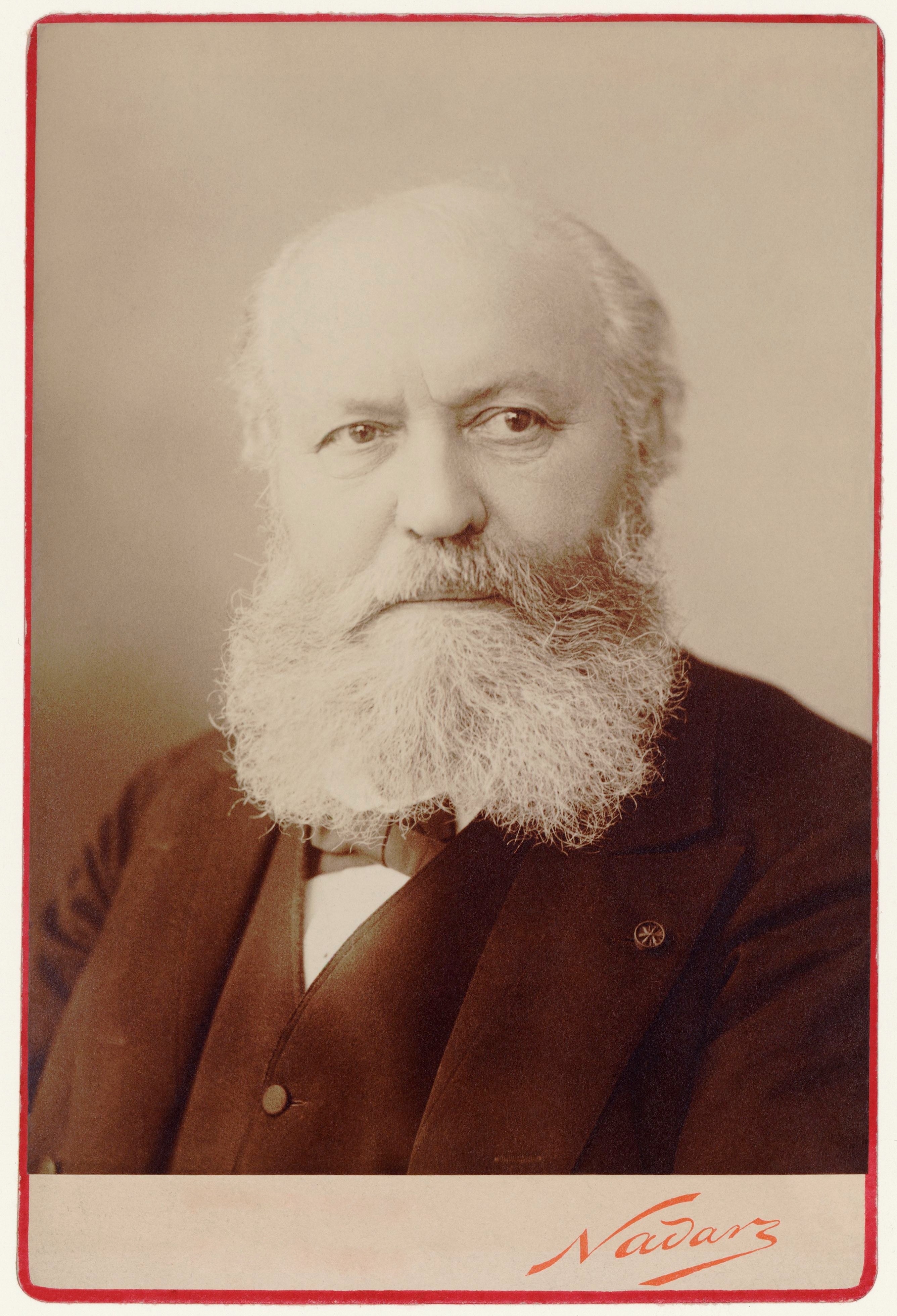
Charles Gounod
The competition for the Grand Prix de Rome was a rite of passage for generations of French composers, providing some with official standing, public recognition and, most importantly, monetary support early in their careers. There is no denying that George Bizet was an utterly astonishing musical prodigy. He was admitted to the Conservatoire at age ten, and when he played at a dinner party in May 1861, Franz Liszt was present. Bizet was prompted to sight read through one of Liszt’s most demanding piano pieces, and a flabbergasted Liszt said, “I thought there were only two men able to surmount the difficulties… there are three, and the youngest is perhaps the boldest and most brilliant.” However, winning the Prix de Rome demanded not merely musical brilliance, but steady connections and support in the French music scene. And it certainly helped a great deal if your teacher at the Conservatoire was also a member of the jury, and a former winner of the Prix de Rome. As you might have guessed already, I am talking about Charles Gounod, who paternally doted over, and developed a close professional friendship with his young charge. And as we all know, Gounod won the Prix de Rome in 1839 with Fernand.
Charles Gounod: Fernand (Judith van Wanroij, soprano; Yu Shao, tenor; Nicolas Courjal, bass; Brussels Philharmonic; Hervé Niquet, cond.)
Claude Debussy: L’Enfant Prodigue
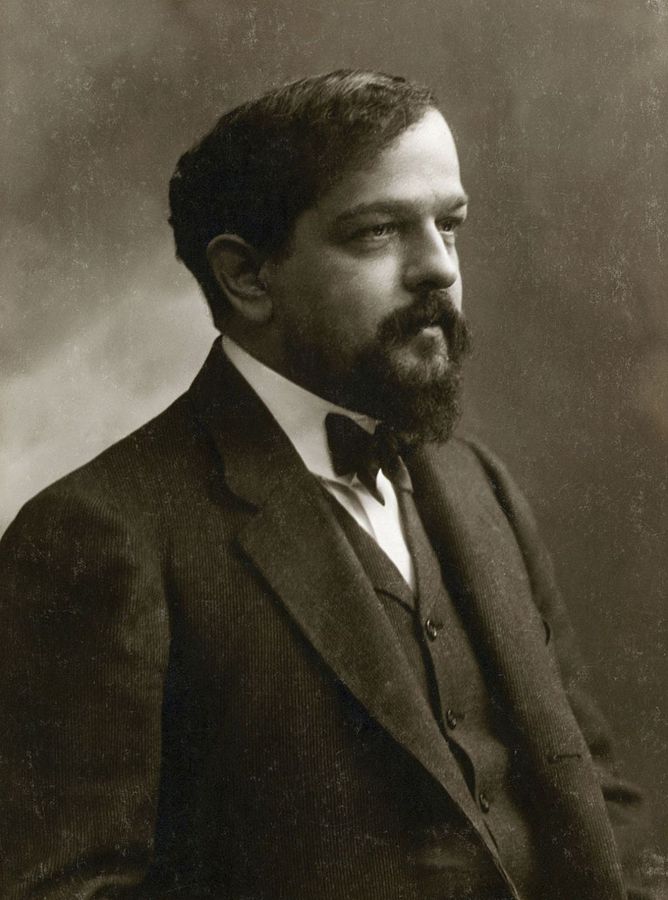
Nadar: Claude Debussy (1908)
Claude Debussy entered the composition class of Ernest Guiraud on 24 December 1880. Initially, Guiraud looked upon his new student with a sense of distrust, and Debussy was reluctant to accept the regime of his teacher. In time, however, they forged a close working relationship and Debussy made his first attempt at the Prix de Rome in 1883 with his cantata Le Gladiateur. He came in second to Paul Vidal, but a year later Debussy successfully anticipated the musical taste of the judges and won the prestigious prize with L’Enfant prodigue. Debussy later dismissed the work as “theatrical, amateurish, and boring,” but when he revised the score in 1908, he only changed the accompaniment and orchestration, retaining the vocal lines of 1884. With the exception of the periods surrounding the World Wars, the Prix de Rome was awarded during the 20th century. However, it was terminally discontinued by André Malraux, the French minister of cultural affairs, following the student riots of May 1968. Please join us next time when we take a look at some famous French composers who never won the Prix de Rome.
For more of the best in classical music, sign up to our E-Newsletter
Claude Debussy: L’Enfant Prodigue

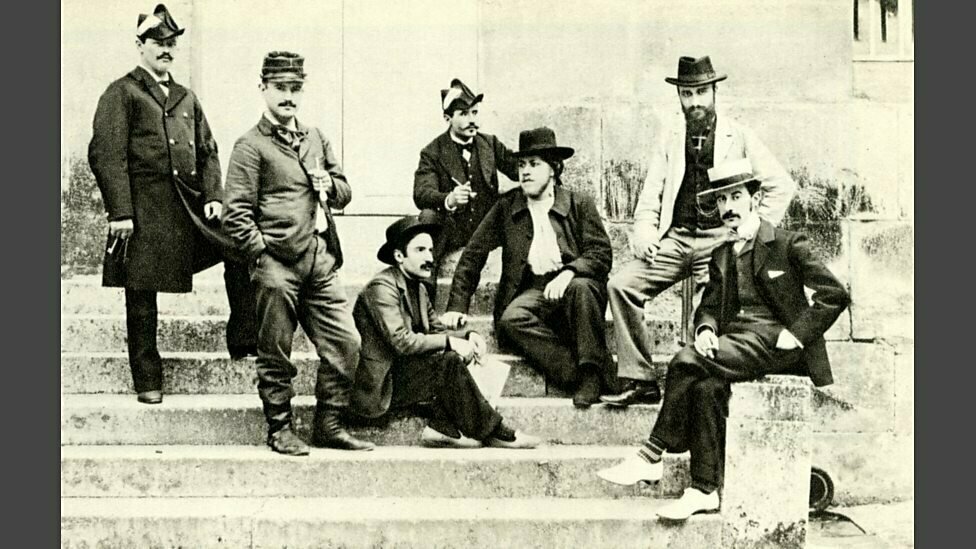
Lili Boulanger should be on this list.